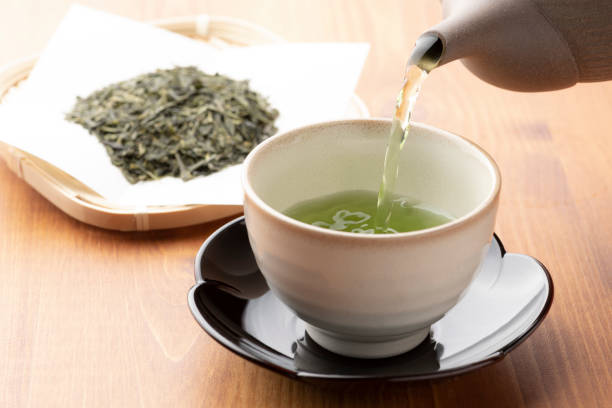Stress, the HPA Axis, and Longevity – Part 2
The last blog focused on stress and its impact on longevity. In this blog, we will cover some powerful supplements that can help decrease the deleterious effects it can have.
GABA
GABA (Gamma-aminobutyric acid) is an amino acid neurotransmitter that has a calming effect on the brain and spinal cord. It works by altering chemical signals in the nervous system. Benzodiazepine medications such as Xanax and Valium work by enhancing the effects of GABA at the A receptor in the brain and spinal cord.
GABA is available on line and at health food stores and can be used for anxiety and insomnia. There are multiple formulations for GABA including lozenges, sprays and capsules. The usual dose is 500 mg twice a day but higher doses have been used by some clinicians. I have found it to be a useful supplement, especially for patients suffering from insomnia in the middle of the night. I have them use a lozenge or spray under their tongue that will quickly be absorbed into the bloodstream causing relaxation and sleep optimization. GABA is found in some foods including spinach, kale and fermented foods.
CBD
CBD (Cannabadiol) is a compound found in hemp and cannabis and is useful for patients suffering from anxiety. It does not contain any psychoactive substances such as THC and like GABA, is available in multiple formulations. The mechanism of action is somewhat complex but CBD stimulates a receptor called 5-HT1A in the brain that is involved in serotonin production. CBD also has been shown to have anti-inflammatory and antioxidant effects. I recommend purchasing CBD at a marijuana dispensary or health food store as the quality and strength varies dramatically. I usually have patients buy CBD as a tincture, as they can easily adjust the dose. Don’t forget it is legal to use CBD!
L -Theanine
L- theanine is an amino acid (protein building block) found predominantly in tea leaves (Camellia Sinensis). It has been shown in studies to help with stress related symptoms and cognitive function. It seems to work by raising levels of GABA, dopamine and serotonin in the brain. L-theanine also decreases the effects of the excitatory neurotransmitter glutamate leading to relaxation, and acts on the NDMA receptors in the brain to improve cognition. That is a pretty impressive resume for a tea leaf! Green tea is an excellent source of L-theanine and there is about 25 mg per cup. L-theanine is also available in capsules and powder form and the usual dose is 200-400 mg per day.
Stress has been shown to cause systemic body inflammation, which can lead to disease and shortened lifespan. Some of the ways to optimize your stress response may include breath work, exercise, prayer, meditation, yoga, social interaction and herbs and supplements.

